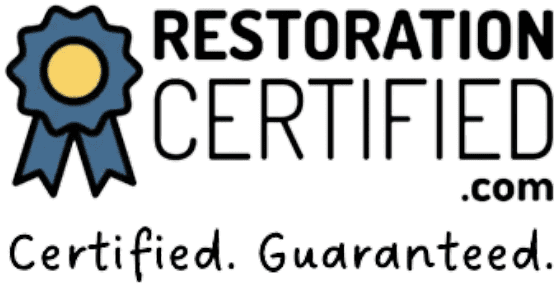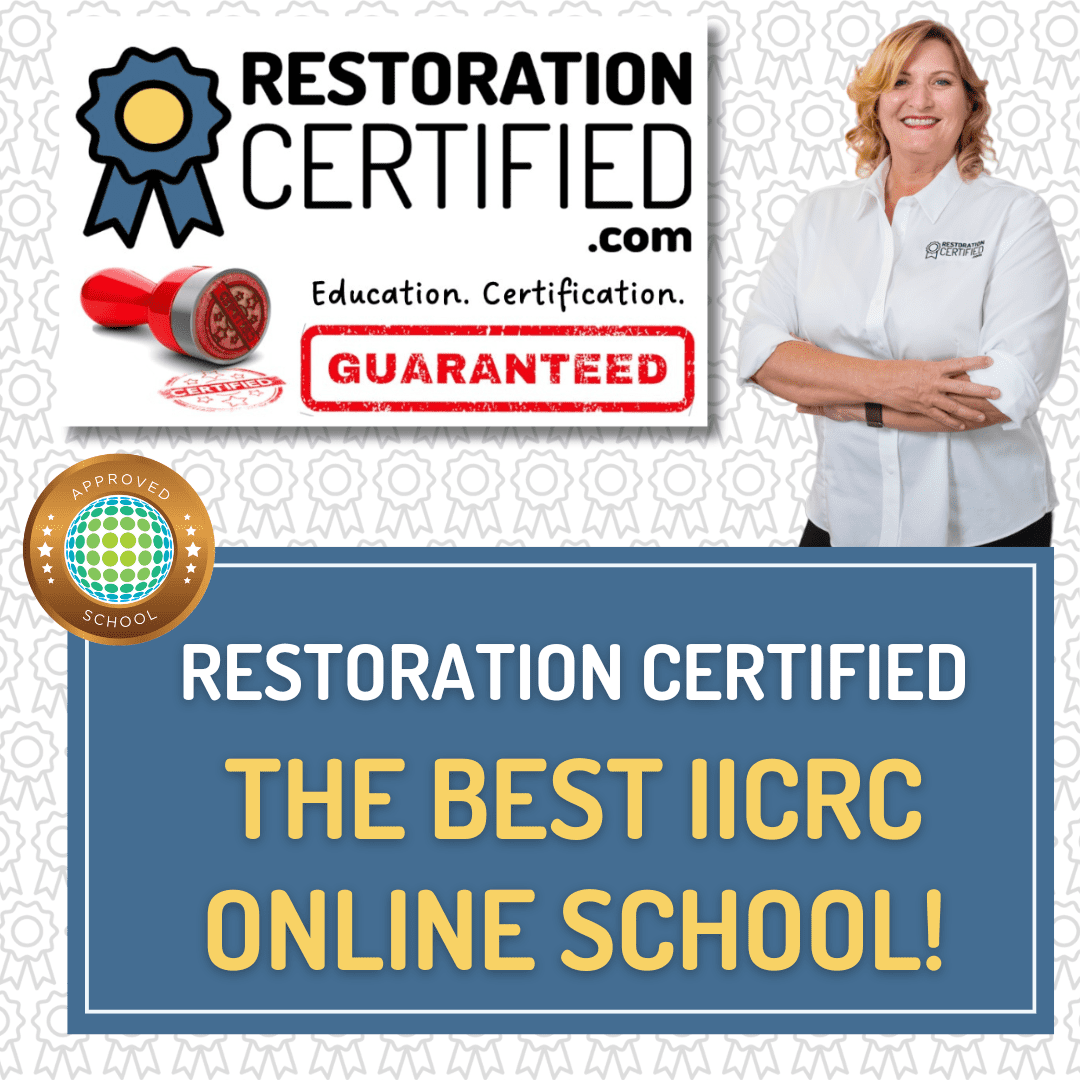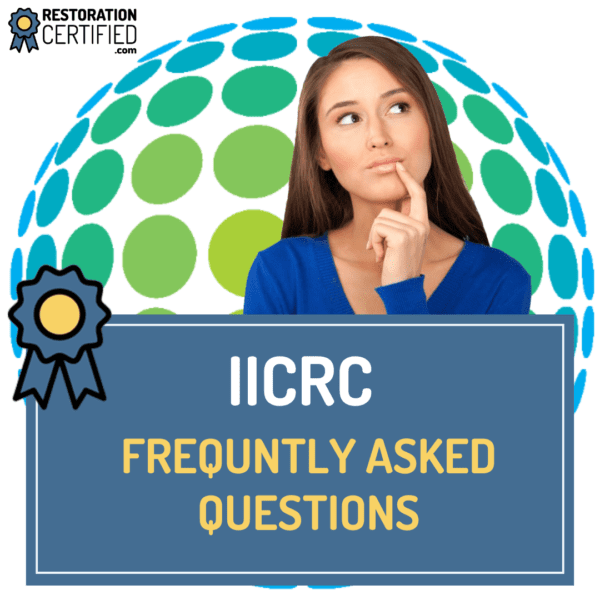How Insurance Policies Impact Contents Processing
For contents restoration contractors and estimators, possessing a fundamental understanding of homeowner and renter personal property insurance policies is essential. Property policies can vary significantly, and a purchaser's choice will depend on the type of policy, coverage limits, exclusions, and cost.
The "policy limit" refers to the maximum amount an insurance company will pay for a specific loss, subject to the terms and conditions of the policy. Each property policy is unique and may include different types limits, inclusions, and exclusions.

Types of Personal Property Insurance
The type of personal property insurance a homeowner purchases often depends on the value of their possessions and whether they prefer replacement cost or actual cash value coverage:

- Replacement Cost Policy: A replacement cost policy covers the expense of purchasing a new item at the time of a claim, regardless of its depreciated value. This means that if a policyholder’s belongings are damaged or destroyed, they receive compensation to replace the items with new items. While more beneficial to the insured, a replacement policy typically comes with a higher premium when compared to actual cash-value policies.
- Actual Cash Value Policy: An actual cash value policy takes depreciation into account when determining the payout for a claim. Depreciation refers to the decrease in value of an item over time due to factors like wear and tear. Under this policy, the insurance company pays out based on the current value of the item, taking its age and condition into consideration. For instance, if a laptop was purchased three years ago for $500, its current actual cash value may be only $200 due to depreciation. Under an actual cash value policy the insurance company would reimburse the depreciated value if damaged or destroyed during a loss event.


- Scheduled Insurance Policy: In addition to standard homeowner's or renter’s insurance policies, supplemental insurance options like a "Scheduled" personal property policy offer extended coverage for valuable items. This specialized policy goes beyond the typical protection provided in a standard homeowner's or renter’s insurance policy, providing comprehensive coverage for high-value possessions such as art, jewelry, collectibles, and antiques in the event of a claim.
Bailee Insurance for Restoration Contractor

When a homeowner or business owner entrusts their possessions to a restoration contractor (the Bailee), whether for cleaning, repairs, or restoration, the Bailee assumes responsibility for the safekeeping of those goods. In legal terms, the homeowner is the Bailor, and the restoration contractor is the Bailee.
In the event that the restoration contractor damages or loses the property entrusted to them, they are liable for the damages. To mitigate this risk and ensure comprehensive protection, restoration contractors should consider securing supplemental Bailee insurance coverage.
Bailee insurance provides financial protection against damage, destruction, or loss of customer property while it is in the possession of the restoration contractor. By discussing Bailee's insurance options with their insurance agent, restoration contractors can safeguard themselves and their clients against potential liabilities, providing peace of mind for all parties involved.
Understanding Insurance Policies in Contents Restoration

While restoration contractors are not responsible for interpreting insurance policies, having a basic understanding of personal property insurance can greatly assist in navigating the complexities of the personal property restoration process. Familiarity with insurance terminology, coverage limits, inclusions, and exclusions enables contractors to efficiently process their projects and services and ensures clear communication with clients.
By grasping the fundamentals of insurance policies, restoration contractors can effectively communicate the scope of their services to clients, thereby enhancing transparency and trust. However, in cases where there are uncertainties or questions regarding insurance coverage, it is advisable to have clients reach out to the insurance adjuster or representative for accurate and detailed explanations. This proactive approach ensures that both contractors and clients are well-informed and can proceed with confidence throughout the restoration process.
Join Our Upcoming Online IICRC CPT Classes
Discover the ins and outs of handling insurance policies and elevate your contents processing skills by enrolling in our upcoming IICRC Contents Processing Technician (CPT) classes, now available online. Led by seasoned instructors, these courses offer comprehensive knowledge and hands-on training crucial for mastering the art of restoration.
Whether you're new to the field or seeking to sharpen your expertise, our CPT classes provide the perfect opportunity to expand your skill set and stay at the forefront of the industry. Don't miss out on this invaluable learning experience!
For more details and to secure your spot in our upcoming classes, click here, call us at 725-777-1746, or email us at help@restorationcertified.com. Take the next step in your career journey with our tailored training programs. We look forward to welcoming you aboard!











